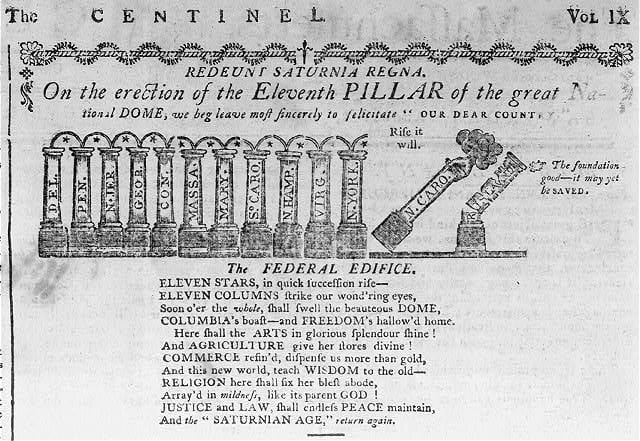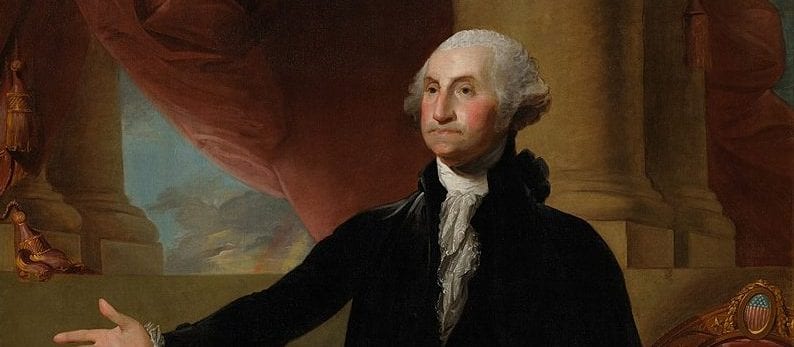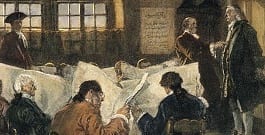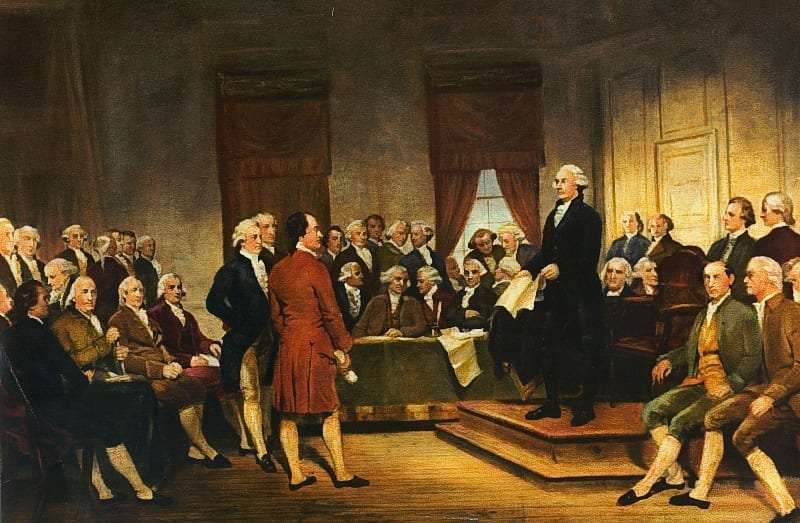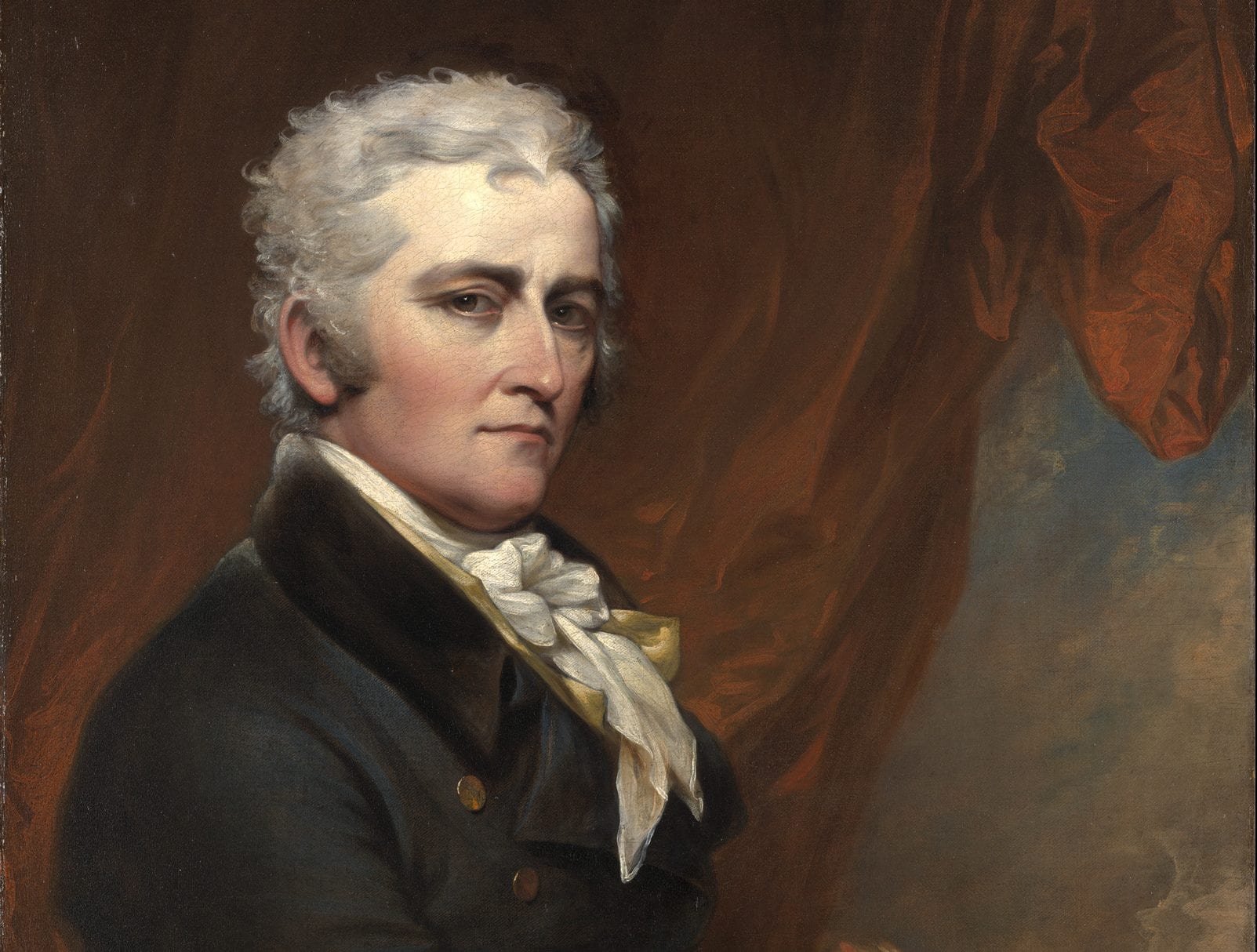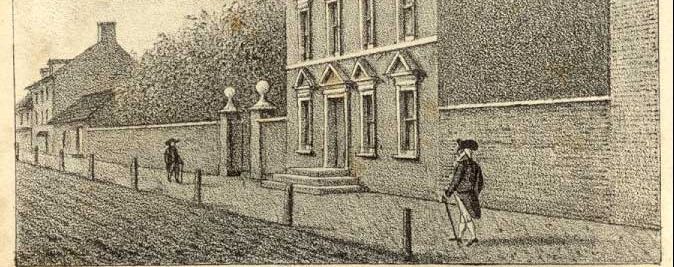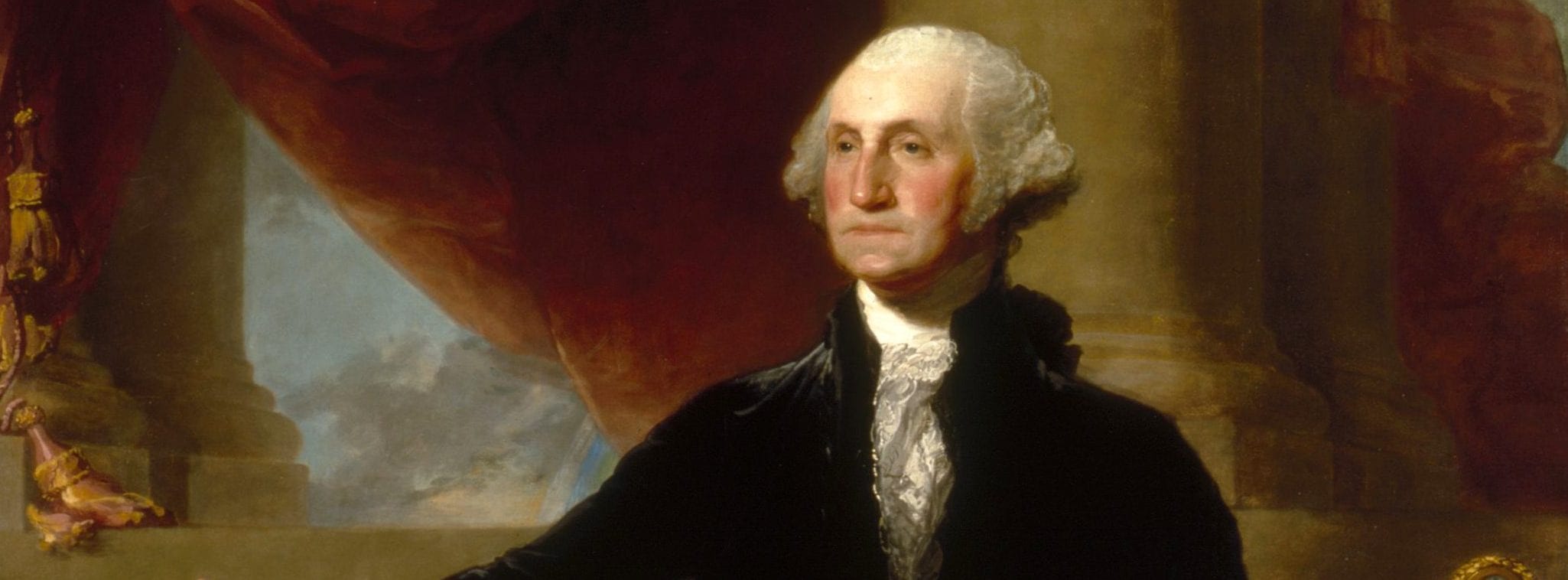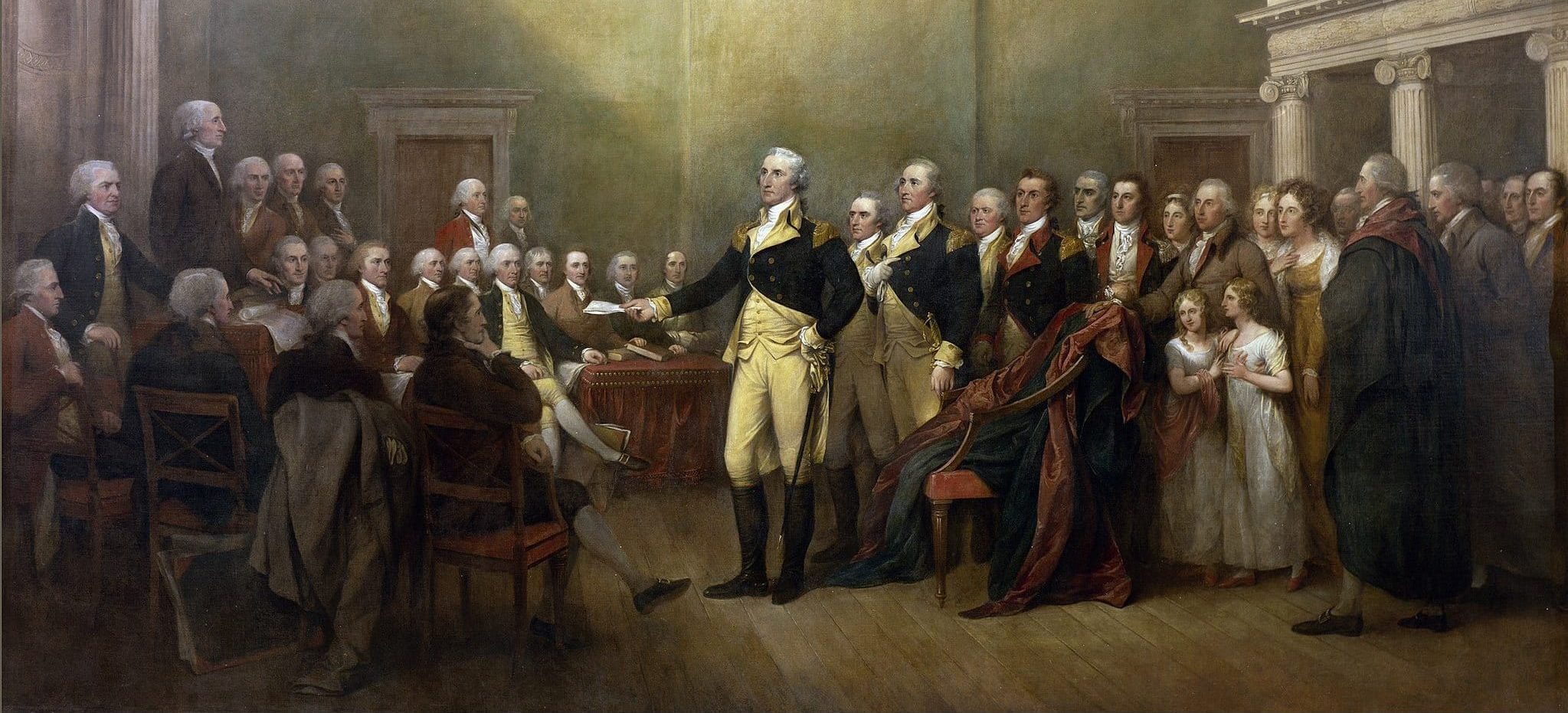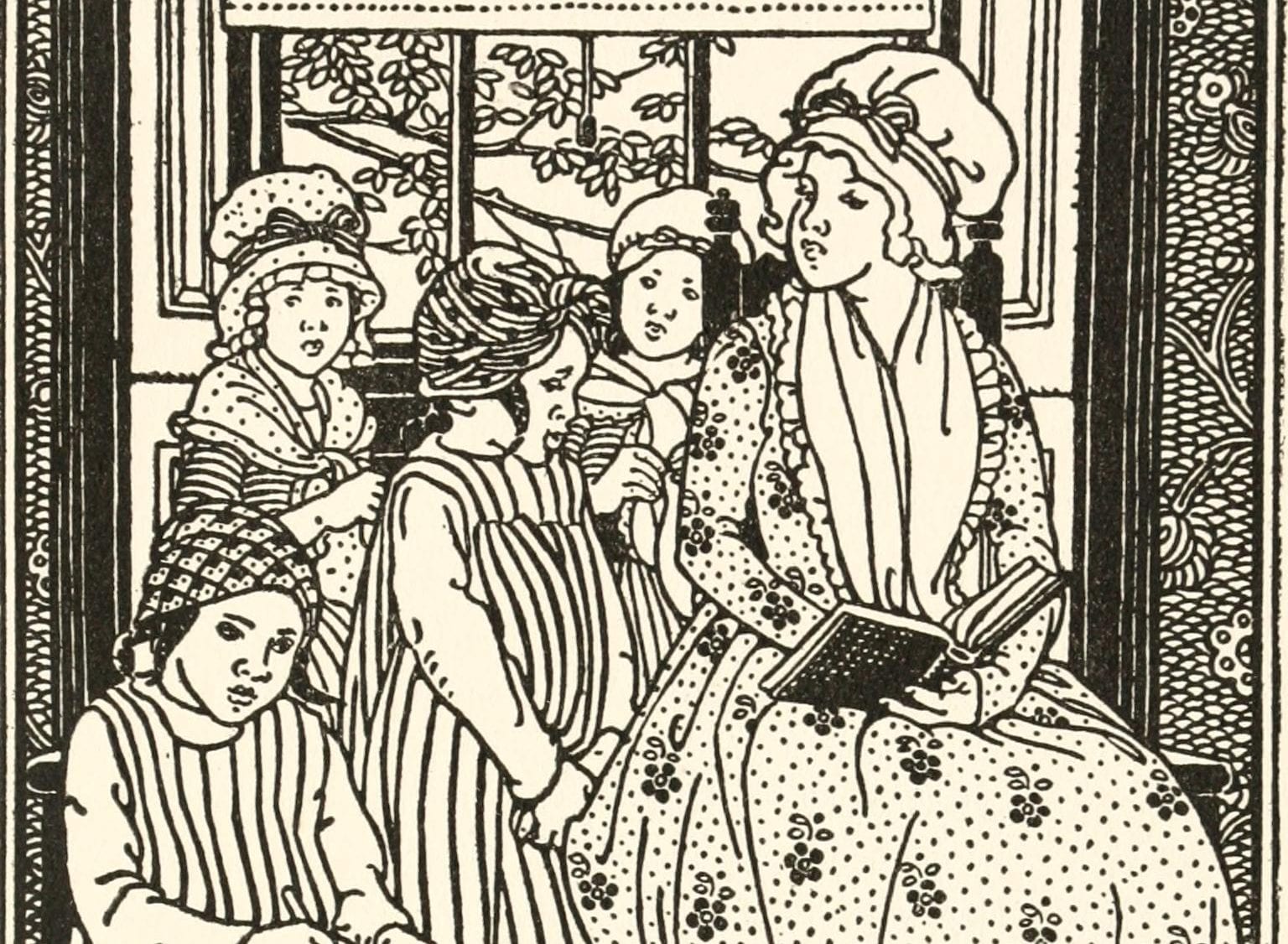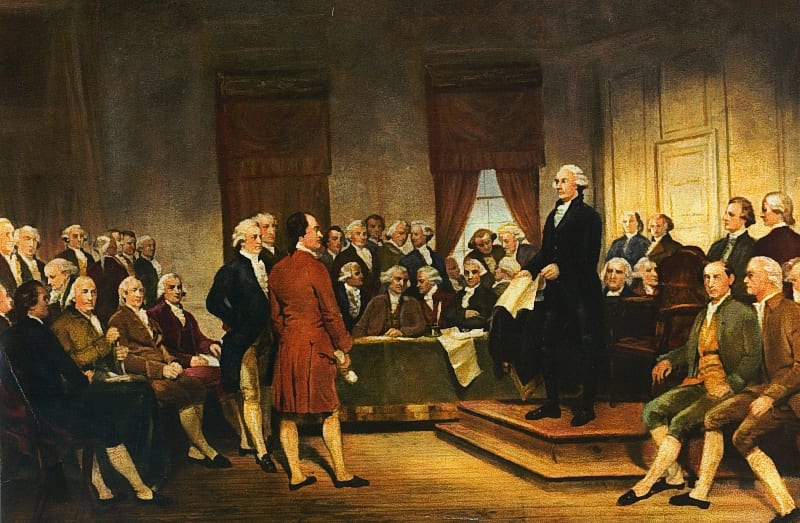
To the Freemen of Pennsylvania.
Friends and Fellow Citizens: Conscious of no other motives than those with which the love of my country inspires me, permit me to request your candid, impartial and unprejudiced attendance, while I address you on business of the utmost importance to every honest American—a business of no less magnitude than the salvation of the United States.
I need hardly tell you, what is universally allowed, that our situation is now more precarious than it ever has been, even at that time when our country was laid waste by the sanguinary armies of Britain and her mercenary allies, and when our coasts were infested with her hostile fleets: then a sense of the common danger united every heroic, every patriotic soul in the great cause of liberty. Even selfishness itself, forgetting every narrow, contracted idea, gave way to that diffusive liberality of sentiment, which was so instrumental in procuring peace and independence to America.
But ever since that memorable epoch, unanimity, the great source of national happiness and glory, had been banished from among us, and discord, with all its cursed attendants, has succeeded in its stead. Such a train of calamities issued from this fatal change as at length aroused the virtuous citizens of the different States from their lethargy, and excited in them a desire of exploring, and of removing the cause. Nor was the former a different task. Our distresses were immediately discovered to be inevitable effects of a weak, a disunited, and a despicable federal government. To effect the latter, delegates were sent by twelve of the States to the late Federal Convention, who, after four months’ deliberation, at length agreed upon a plan of government for the United States, which is now submitted to your consideration. Upon this proposed federal constitution I mean not to bestow my useless panegyrics at this time. My slender praise might cast an odium upon what is in itself truly excellent, and needs but a candid reading to be admired. Suspended, as the fate of the United States now is, how immensely base must the wretch be, who strains every nerve to disunite his fellow-citizens, and by a long train of sophistical arguments, strives to establish antifederal sentiments in this State! Yet, however strange it may seem, such there are among us. One antifederal piece signed “Centinel,” which is replete with glaring absurdities and complete nonsense, has been industriously circulated among you, in the newspapers and in hand-bills. The author (I should have said authors) of this illiberal and scandalous performance, remarks that a “frenzy of enthusiasm,” not “a rational investigation into its principles, actuated the citizens of Philadelphia in their approbation of the proposed plan” of government. As some drunken men think every person they see is intoxicated, and as an illiterate observer on this earth is apt to believe in the sun’s motion, not discerning that its apparent revolution is the effect of his own real motion, so has “Centinel” charged others with neglecting that rational investigation, to which he has paid very little attention. For if he carefully examines the proposed constitution, he will find that he has either ignorantly, or designedly, perverted its plain and simple construction. He seems to think that the citizens of Philadelphia ought to have suspended their judgment till they had known the result of his rational investigation. For, says the profound politician, “Those who are competent to the task of developing the principles of government ought to be encouraged to come forward, and thereby the better enable the people the people to make a proper judgment. For the science of government is so abstruse, that few are able to judge for themselves.” He certainly must have forgot that he was addressing American freemen, who enjoy the darling prerogative of thinking for themselves. Such political priestcraft might have answered some purpose in the early ages of ignorance and superstition, when a set of artful and designing monks assumed an absolute control over both the purses and consciences of the people. But thanks to heaven! we live in an enlightened age, and in a free country, where such pernicious doctrine has long since been treated with deserved contempt.
He begins with enumerating “certain privileges secured to you by the constitution of this Commonwealth,” which, notwithstanding his groundless assertions, are not infringed in the smallest degree by the proposed federal constitution, which obliges Congress to guarantee to each State its respective republican form of government. Whatever he may think of the matter, a firm union of all the States is certainly necessary to procure happiness and prosperity to America. In vain do we look up to the constitution or legislature of this State; they cannot alleviate our distresses.
Is it in the power of Pennsylvania to protest her own trade, by entering into commercial treaties with the nations of Europe, and thereby to secure a West India or an European market for her produce? No. Is it in her power to treat with and obtain from Spain a free navigation of the river Mississippi, to which God and nature have given us an undoubted right? The impoverished state of our Western country, where the luxuriant crops of a fertile soil are suffered to rot in the fields, for want of exportation, answers No. Is it in her power to encourage our infant manufactures, to give sustenance to our starving mechanics, to prevent a general bankruptcy, or to raise a revenue, by laying an impost on foreign goods imported into this State? No. All her attempts are liable to be counteracted by any neighboring State; for it is well known that the imposts have been frequently evaded in this State, and always will while Jersey and Delaware open free ports for the reception of foreign wares. So that the exigencies of government must necessarily be provided for by a heavy land tax, which you, my fellow citizens, have groaned under for some years past with surprising patience and resignation. Should some desperate ruffians, as a Shays or a Wyoming Franklin, with an armed banditti at his back, proceed to murder our defenceless inhabitants, has Pennsylvania the means of speedily repelling their ravages? No. Before the necessary steps could be taken for a defence, her towns might be laid in ruins and her fields deluged with the blood of her helpless citizens. And oh! distracting thought! the citizens of the neighboring States would abandon us to our unhappy fate; nor would they deign to shed a tear of pity on our funeral urn. It would be an endless talk to give a detail of all the cases in which the exertions of individual States cannot afford the smallest relief. An idea of thirteen neighboring States being able to exist independent of each other, without a general government, to control, connect and unite the whole, is no less absurd than was the conduct of the limbs, in the fable, which refused to contribute to the support of the belly, and by working its downfall, accelerated their own ruin. Of this every State in the Union is fully convinced, by awful experience, unless we except Rhode Island; for the meridian of which “Centinel” has calculated his Antifederal remarks, which he has had the presumption to address to the freemen of Pennsylvania.
Afraid of investigating the constitution itself, he previously attempts to prejudice you against it by charging the patriotic members of the convention with a design “of lording it over their fellow-creatures” and with “long meditated schemed of power and aggrandizement.” Is it possible that the freemen of America would appoint such men as these to so important a trust? No. The public characters of the gentlemen who were chosen by my respectable fellow-citizens in the different States are such as at once justify their conduct in the choice, and contradict the unjust and ungenerous assertion. This defamer has even dared to let fly his shafts at a Washington and a Franklin, who, he tells you, have been so mean, ignorant and base as to be dupes to the designs of the other members. Is not every man among you fired with resentment against the wretch who could undertake a job thus low, infamous and vile, and who was so prone to slander as wantonly to traduce names dear to every American—names, if not respected and esteemed, at least admired even by their enemies?
After having striven to inflame your passions against these worthy men, he then makes a general objection to different branches in government; here again he advances doctrine which has long since been exploded as dangerous and despotic. That a single legislative body is more liable to encroach upon the liberties of the people than two who hold an useful check upon the proceedings of each other he does not attempt to deny, but asserts that one body will be more responsible to the people than two or more can be; therefore, after this body shall have erred, the people can immediately take vengeance of its members, that is, if I may be indulged with a trite saying, after the steed is stolen lock the stable door. Had he proceeded in the same mode of reasoning, he might have proved that an elective monarchy is the best government, for it is certainly the most responsible, since one man is accountable for every grievance. In truth, my friends, you will easily perceive that this responsibility, which he lays so much stress on, is by no means sufficient to secure your liberties. If you enquire into the effects of sanguinary punishments upon criminals, you will find that instead of reforming they have increased the wickedness of the people.
But the convention, not content with providing punishments for the misdemeanors of government, have done wiser, in endeavoring to prevent these misdemeanors, which was evidently their intention in new modeling the federal government.
He next complains of the too extensive powers of Congress. “It will not be controverted,” says he, “that the legislative is the highest delegated power in government, and that all others are subordinate to it.” In this I perfectly agree with him, and am apt to believe, that had he paused here one moment, he would not have been so ready to fear an aristocracy in any branch of the new federal government; since the most essential parts of legislation are to be vested in the House of Representatives, the immediate servants of the people, with whom all money bills must originate.
He is ready to allow Congress to pay the debts of the Union; but then, they are to have power to lay and collect duties, imposts, &c., which the new constitution declares shall be uniform throughout the United States; here the word collect seems to stick in his stomach. What! says he, will they have power to enforce the payment of taxes? Oh! it is dangerous to invest them with such authority; they ought to call upon us as heretofore, and leave it at our option to comply with their requisitions or not. Such is the reasoning of this advocate for delinquency, the absurdity of whose political creed is self-apparent, and needs no comment. Happy would it be for Pennsylvania, if the different States were obliged to pay their proportions of the foreign and domestic debt; she would not then be struggling under an enormous land tax, to pay much more than her just quota of the public burthens. But, says he, there is a possibility of having standing armies too. This is quite wrong; let Congress have power to make war, crush insurrections, &c., but let them have no troops for these purposes, unless each State shall think proper to furnish its quota of men; or if we vest the power of raising armies in Congress, let them be tied down, and not permitted to raise a single regiment, until an invasion shall have actually taken place, and the enemy shall have ravaged and spread desolation over five or six of the States; it will then be time enough. Indeed I think we ought immediately to disband the troops stationed on the Ohio, and not raise a man for that service before the savages shall have laid our country to waste, as far as Susquehanna at least. Why need we trouble ourselves about the inhabitants on the frontiers? Such truly is the substance of his arguments.
He has further discovered that the trial by jury in civil cases is abolished—that the liberty of the press is not provided for—and that the judicial and legislative powers of the respective States will be absorbed by those of the general government.
As to the first of these, it is well known that the cases which come before a jury, are not the same in all the States; that therefore the Convention found themselves unequal to the task of forming a general rule, among so many jarring interests, and left it with Congress to regulate the conduct of the judiciary in all civil cases. It may not be improper here to remark, that Congress can at any time propose amendments to this Constitution, which shall become a part of it when ratified by the legislatures or Conventions of three-fourths of the States.
True, no declaration in favor of the liberty of the pres sis contained in the new Constitution, neither does it declare that children of freemen are also born free. Both are alike the unalienable birthright of freemen, and equally absurd would it have been, in the Convention, to have meddled with either.
The ne plus ultra of the powers of Congress, and of the judiciary of the United States, is expressly fixed—therefore, no danger can arise to the legislative or judicial authority of any State in the union. Centinel, in discussing this point, has ransacked his brains, tortured, twisted, and perverted the new plan of government, to support his blundering assertions; especially where he has quoted sect. 4 of the 1st Art. “The times, places, and manner, of holding elections, for senators, and representatives, shall be prescribed, in each State, by the legislature thereof; but the Congress may at any time, by law, make or alter such regulations, except as to the place of choosing senators.”
“The plain construction of which,” says Centinel, “is, that when the State legislatures drop out of sight, from the necessary operation of this government, then Congress are to provide for the election and appointment of representatives, and senators.” O amazing result of a rational investigation! I confess he understands the meaning of words much better than I do, if his construction of that section be just. What may Congress “make or alter?” The times, places and manner of holding elections, in the different States. But why is the place of choosing senators excepted? Who are to appoint them? Certainly, the legislatures of the respective States, who are to elect the senators in any place the may think proper, which probably will be, where they meet in their legislative capacity. The existence of every branch of the Federal government depends upon the State legislatures, and both must stand or fall together.
He next attacks the construction of the federal government, says the number of representatives is too few. Others have thought it too many. How was it possible that the Convention, in this, or indeed in any other instance, could please everybody? For my part I am of the opinion that the number fixed by the Convention (one for every 30,000) is fully adequate to the task of effectually representing the people; and that a greater number would only clog the wheels, and add to the expenses of government, in which the strictest economy is at all times necessary. That two years is too long a time to continue in office is a mistaken notion; much more inconvenience and expense would be attendant on annual elections throughout this extensive continent. The most strenuous advocates for a parliamentary reform, in Great Britain, never stickled for more than triennial elections, which they deemed fully sufficient to secure the liberties of the people. This body may justly be called the guardians of our liberties, since they are not chosen by the State legislatures, as Congress has hitherto been, but by the freemen at large, in every State. No undue influence can be exercised over them, not the Senate, for no placeman, or officers of government, can have a seat among them.
He says the senate is constituted on the most unequal principles, since the smallest State in the Union sends as many senators as the largest. Here is a small concession to the smaller States, which proclaims the liberality of sentiment that prevailed in the convention. Let us, my friends, in the larger States, be satisfied with our superior influence in the House of Representatives. As to the senate being composed of the better sort, the well-born, etc., it is a most illiberal reflection thrown out by this antifederal demagogue against the freemen of America, who, I trust, will always elect to this important trust men of integrity and abilities. But how is there any danger of this body becoming an aristocracy? In their executive capacity they are checked by the President, and in their legislative capacity are checked by the House of Representatives, and of themselves cannot do a single act. He seems apprehensive that the President may form a coalition with the senate, “whose influence might secure his re-election to office.” I cannot conceive how they can exercise any influence in his favor, for both senators and representatives are expressly excluded from being electors.
The only objection he makes to the power of the President is that he can grant pardons and reprieves. The prerogative must be and always is vested somewhere in all free governments; to whom then can it be given with more safety than to this officer, who never can have any interest in exercising it to evil purposes? If he should, he will be liable to impeachment, etc.
Previous to his conclusion he attempts to lull us into security; but his sophistry can never operate so far upon our senses as to make us believe that our situation is not “critically dreadful.” The most ignorant among us severely feel the miseries which surround us on all sides. That he may be very well pleased with his present situation, I have not the smallest doubt; for it is notorious that the Antifederal junto in Philadelphia is composed of a few self-interested men, who in the midst of our distresses, are receiving most enormous sums out of the public treasury, and like ravens are preying upon our very vitals.
A Republican I: To James Wilson, Esquire
October 25, 1787
Conversation-based seminars for collegial PD, one-day and multi-day seminars, graduate credit seminars (MA degree), online and in-person.




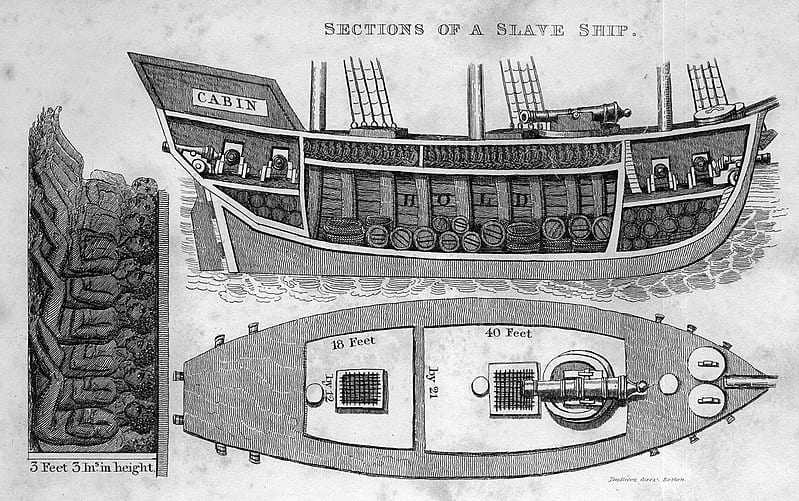






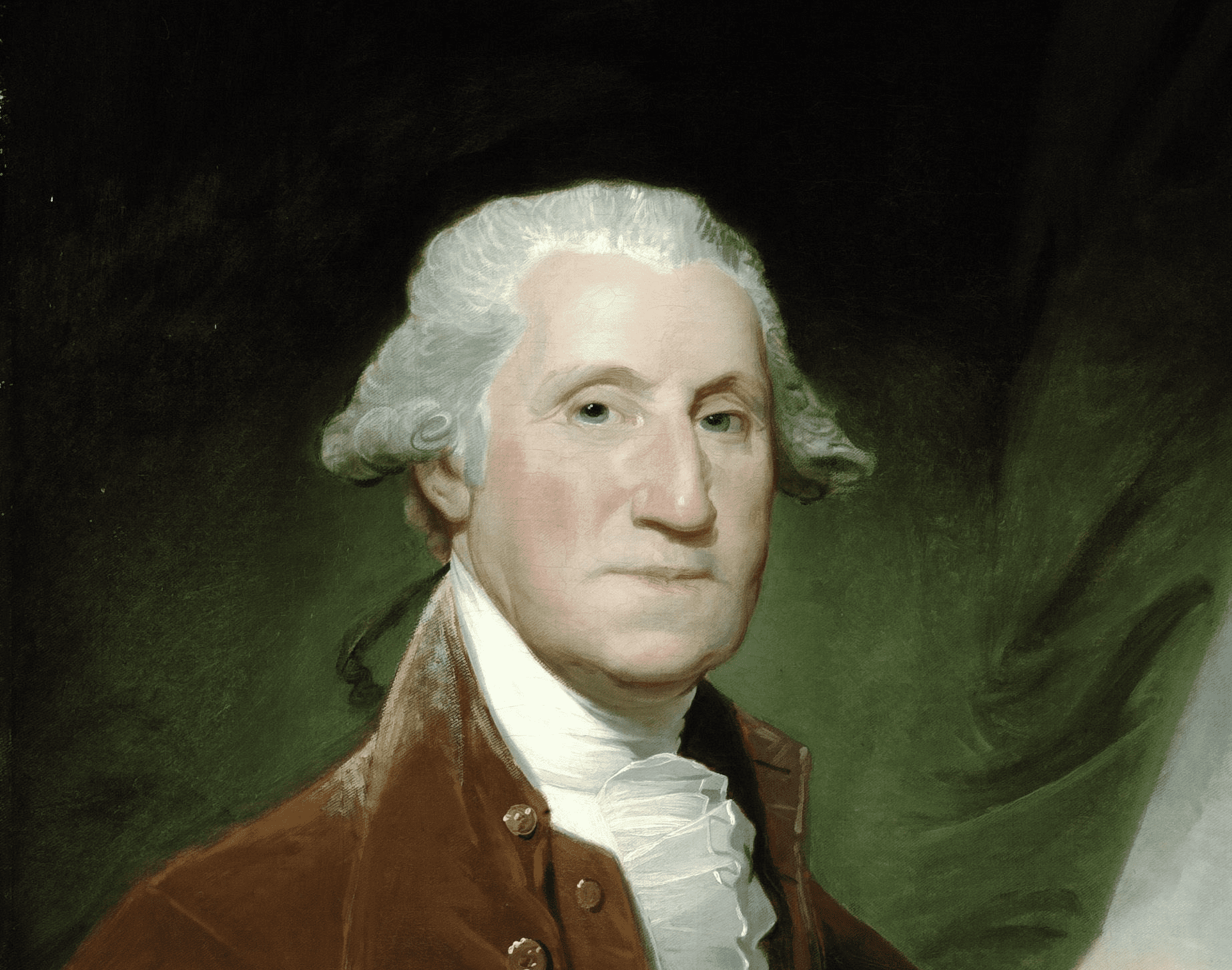















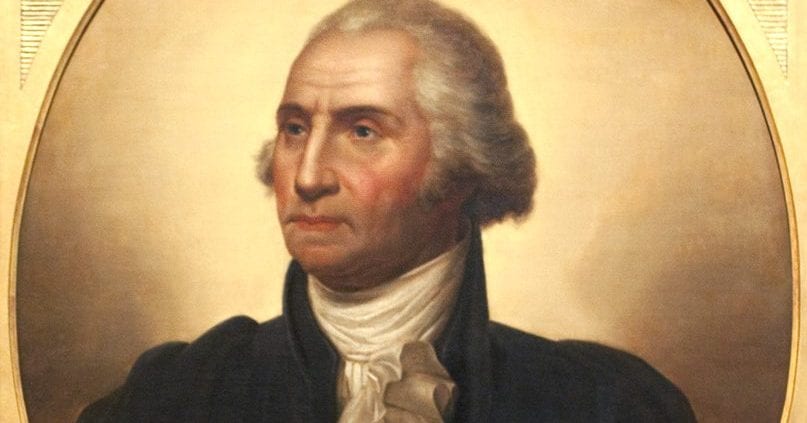
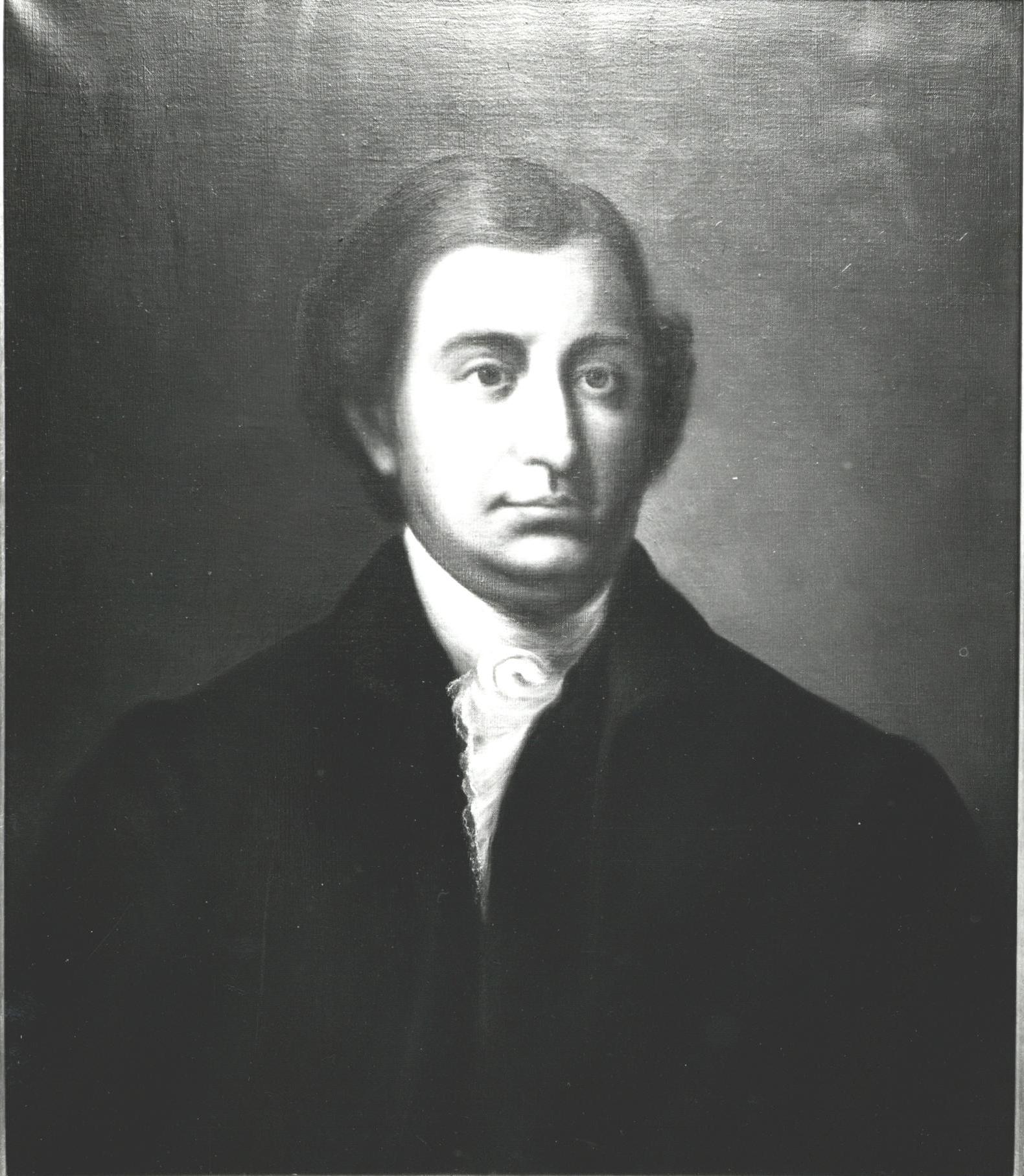
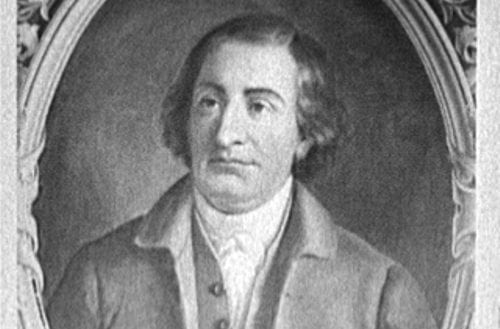
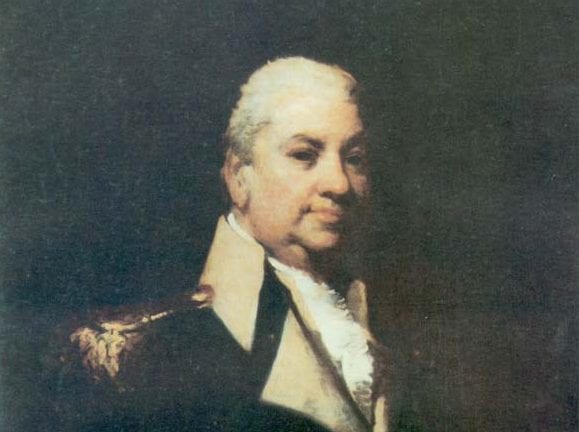




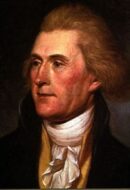













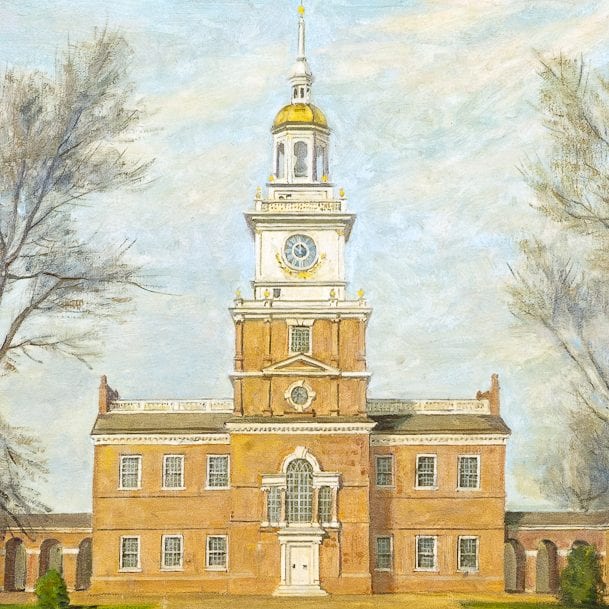

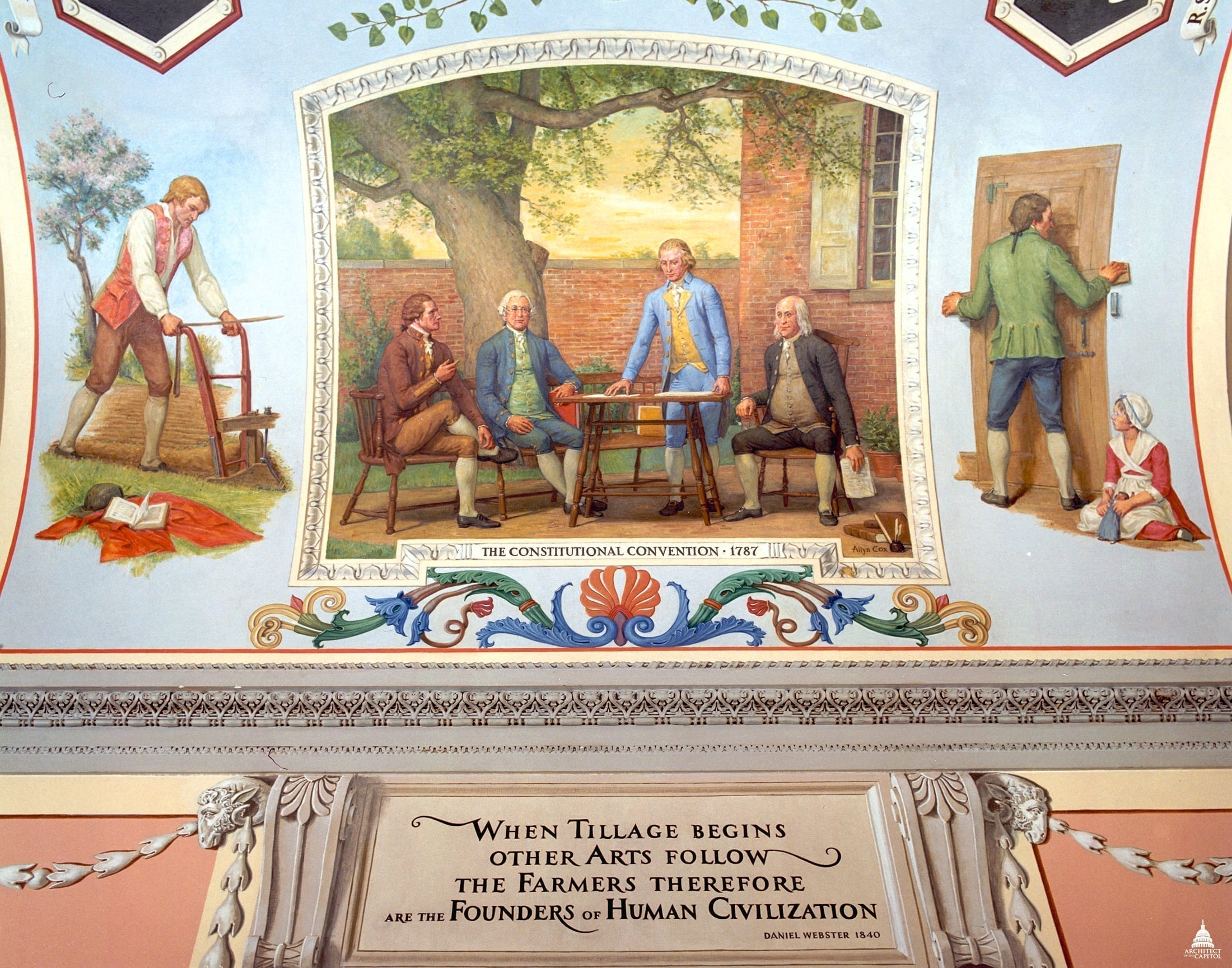

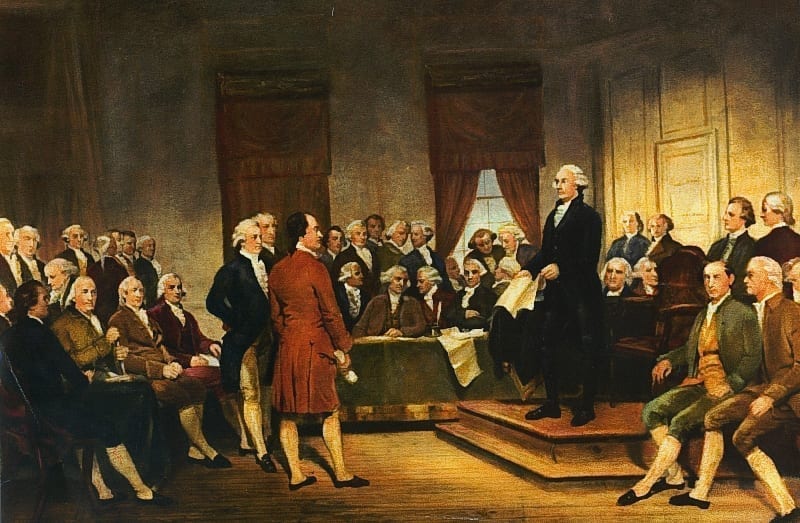


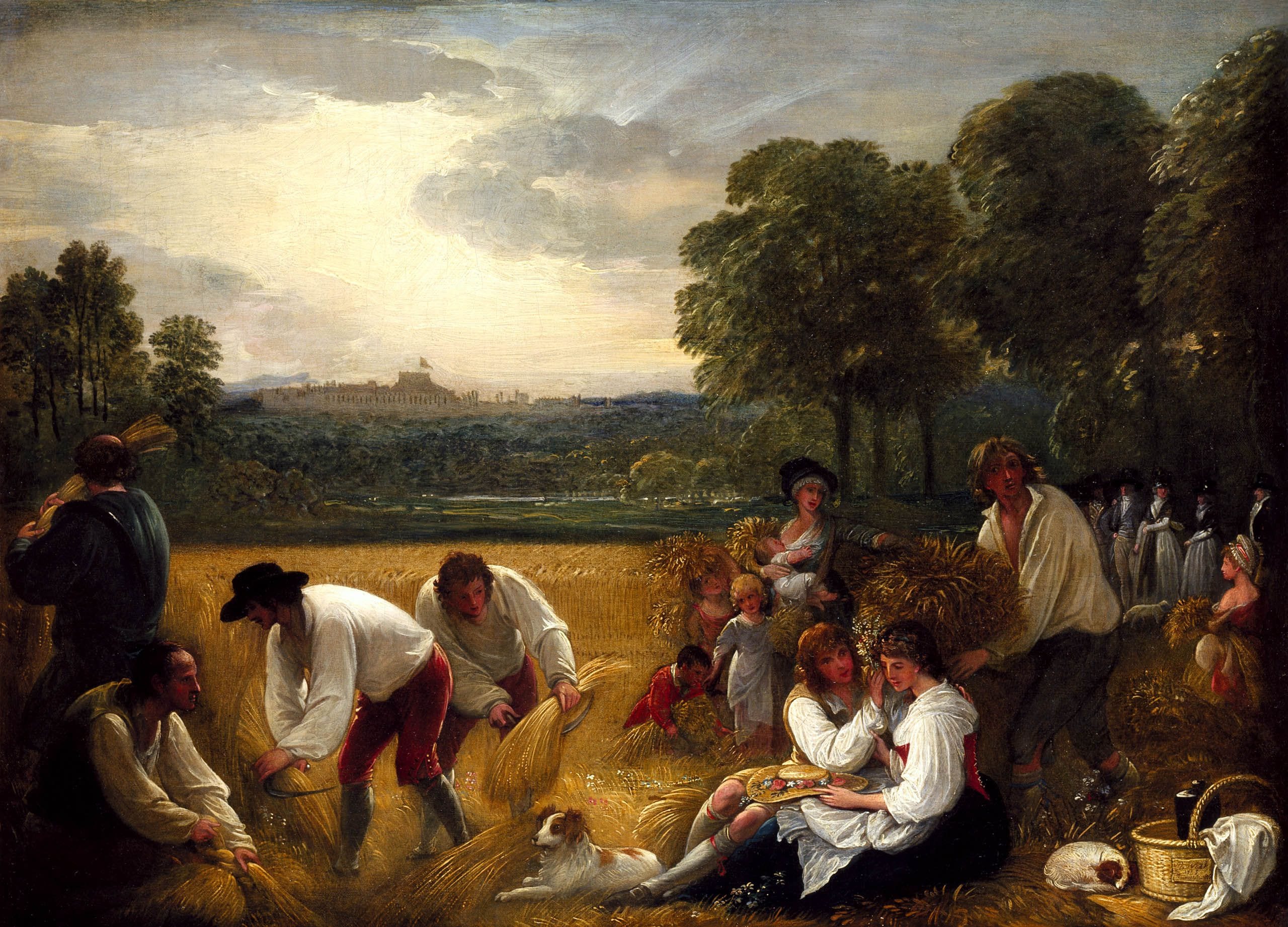


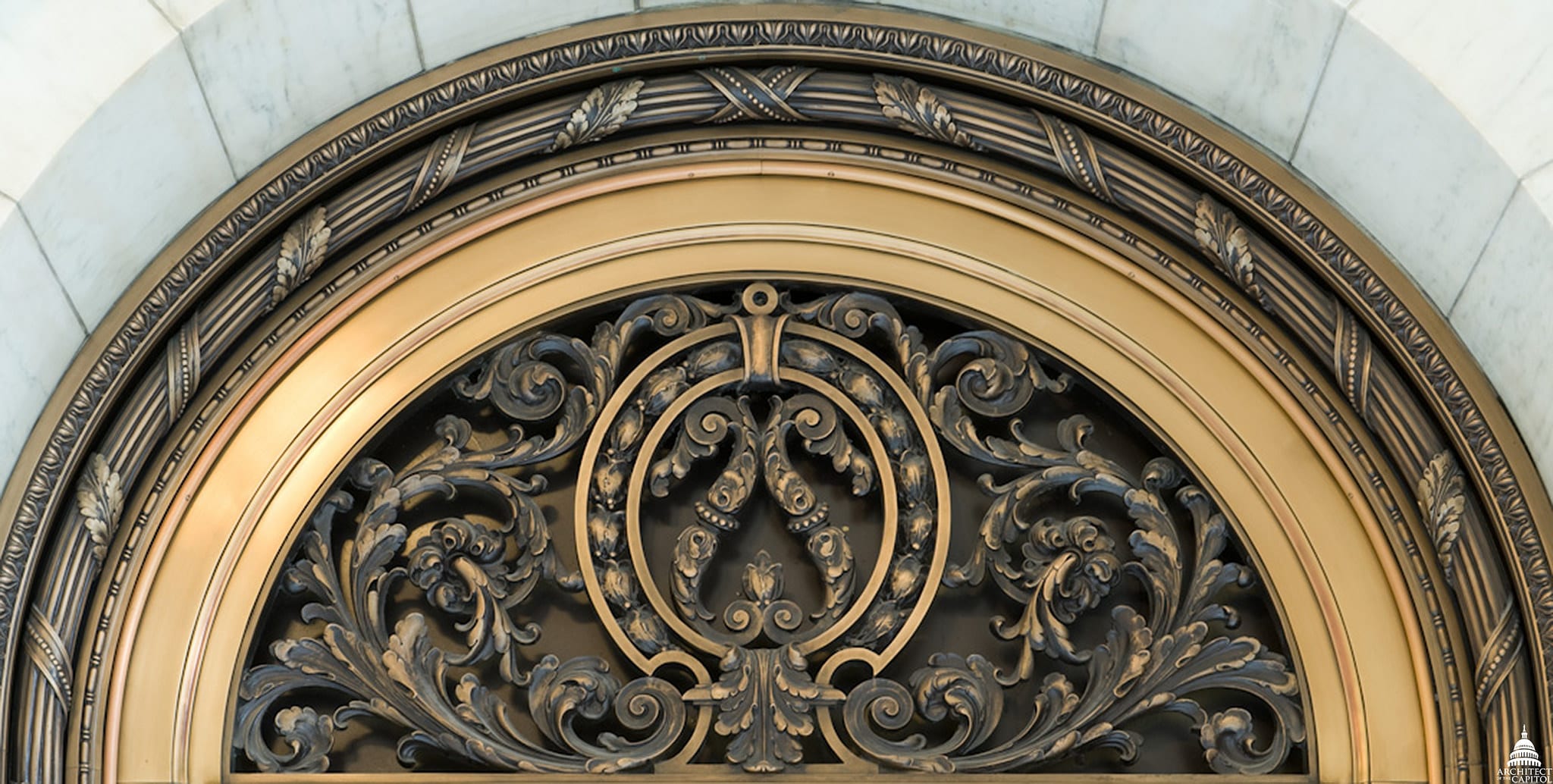













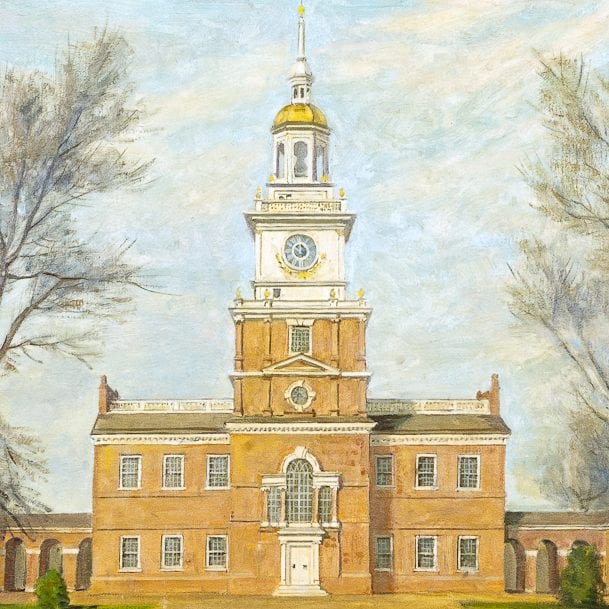
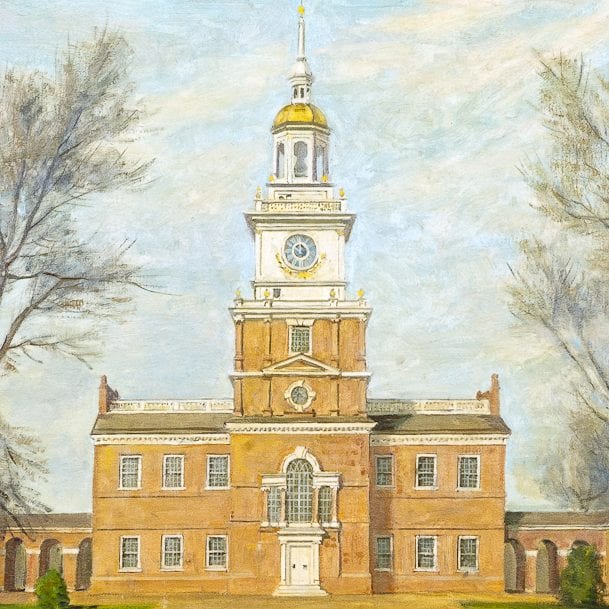






































































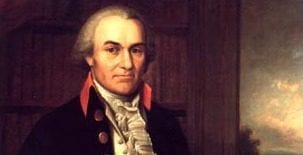



























![Finley, A. (1829) Pennsylvania. Philada. [Map] Retrieved from the Library of Congress, https://www.loc.gov/item/98688548/.](/content/uploads/2024/02/Map-of-PA--273x190.jpg)





















